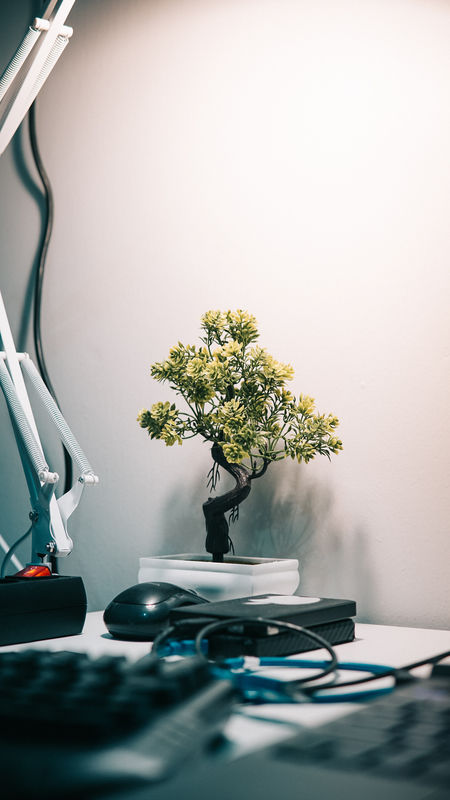
Yes, all-purpose plant food can be used for bonsai. This type of fertilizer contains a blend of essential macronutrients, such as nitrogen, phosphorus and potassium, along with trace elements like iron and zinc that promote healthy root development and foliage growth. Since bonsai trees are grown in containers with limited amounts of soil, it’s important to provide them with nutrient supplementation to keep them healthy and thriving. Applying a diluted solution of all-purpose plant food every two weeks helps keep the pH levels balanced while providing adequate nutrition for strong roots and lush foliage.
Contents:
- Introduction to Bonsai
- Understanding the Nutritional Needs of Bonsai Trees
- All-Purpose Plant Food: What It Is and How It Works
- Can All-Purpose Plant Food be Used for Bonsai?
- Alternatives to All-Purpose Plant Food for Bonsai Trees
- Best Practices for Feeding Bonsai Trees with Fertilizers
- Tips for Maintaining Healthy Growth in Bonsai Trees
Introduction to Bonsai

For those who are unfamiliar, bonsai is an ancient Japanese art of creating and maintaining miniature trees in containers. Trees that have been grown through this technique often imitate the shape and structure of full-grown trees but are instead kept to a much smaller scale – sometimes as small as five inches in height. The practice of growing these miniaturized plants has existed for many centuries, dating back to the 6th century AD when Buddhist monks began using techniques like pruning and wiring to achieve the desired shapes.
As such, it’s important for anyone wishing to participate in bonsai cultivation to understand both the importance of caring properly for their tiny tree as well as how best to do so. Attention should be paid not only towards properly watering and pruning the plant itself but also providing necessary nourishment with plant foods specifically designed for bonsai cultivation. While all-purpose plant food may seem like a cost-effective option, its use can actually lead to stunted growth or even death if used without proper care and direction – so it’s important that bonsai growers know what kind of nutrition their tree needs before making any decisions about which type of fertilizer they plan on using.
Understanding the Nutritional Needs of Bonsai Trees
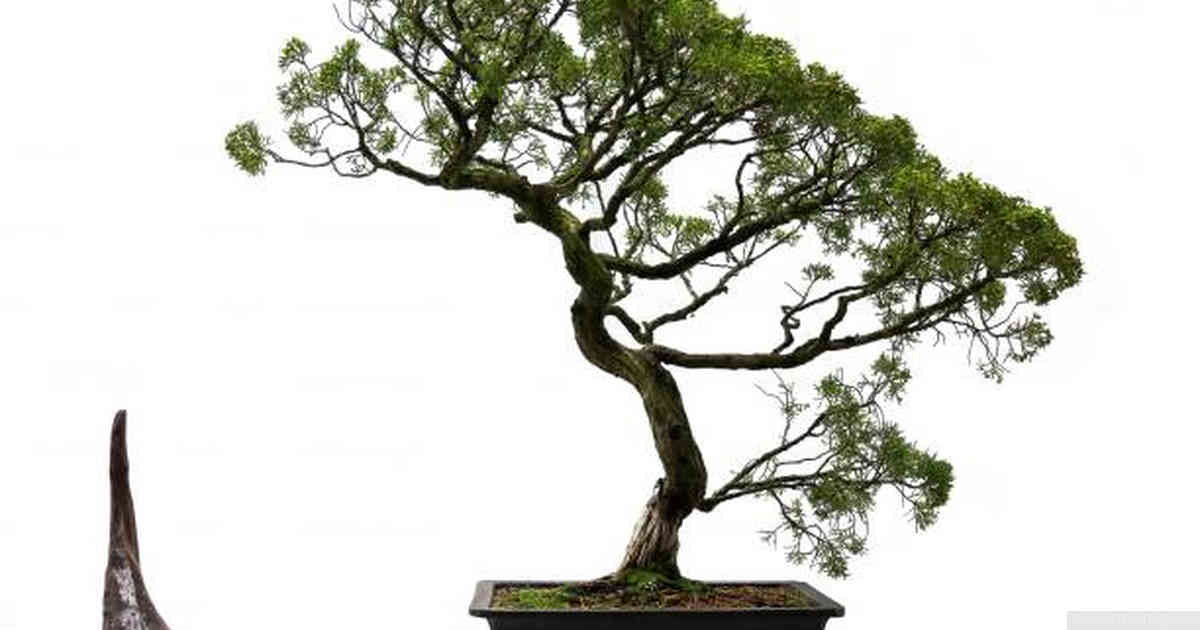
In order to accurately answer the question of whether all-purpose plant food can be used for bonsai, it is important to understand the specific nutritional needs of bonsai trees. With bonsai being a special type of tree that has been artistically and horticulturally shaped over time, its growth requires more attention than other plants. Bonsai trees require well-draining soil with ample organic content to promote healthy root growth and thus healthy foliage production.
Nutrients should also be taken into account when growing and maintaining a bonsai tree. Although some nutrients are available in the soil, they may not necessarily meet all the requirements that this type of tree needs for proper growth; therefore adding fertilizer is necessary. Slow-release fertilizer is highly recommended as it delivers needed nutrition over extended periods instead of supplying too much at once which could potentially lead to damage or stunted growth.
Even though all-purpose plant food contains different macro and micro elements necessary for promoting a healthy development in plants, one cannot assume that such products are suitable for every species since nutrient levels vary depending on the formulation present in each product. Therefore, special fertilizers designed specifically for bonsais should always be used as they contain tailored concentrations of nitrogen (N), phosphorus (P) and potassium (K) as well as minor elements such as iron and manganese that support photosynthesis processes within the tree – something an all-purpose product likely would not provide sufficiently enough on its own.
All-Purpose Plant Food: What It Is and How It Works

All-purpose plant food is an easy and convenient fertilizer that can be used to give plants the nutrition they need. It typically contains a balanced combination of essential nutrients such as nitrogen, phosphorus, and potassium. When added to soil or water, it helps plants absorb these elements from the environment in order to promote healthy growth and development. In addition to providing nutrients, all-purpose plant food also helps retain moisture in the soil for longer periods of time so that plants have access to more consistent hydration during their lifecycle.
Most formulations contain either a natural or synthetic base that is made up of compounds designed for slow release over time. This means that when added to the soil, all-purpose plant food slowly leaches out its nutrients into the root system of plants gradually over several weeks depending on its intended use. Generally speaking, this type of fertilizer is meant for frequent applications such as every two weeks or so throughout a growing season; however, specific manufacturers may vary depending on their individual formulation instructions.
It’s important to note that while all-purpose plant food can offer adequate nutrition for regular gardening needs; however it might not always be suitable for bonsai purposes due its lack of micronutrient content which are essential in maintaining healthy miniature trees under certain conditions or climates. High concentration levels found in certain all-purpose fertilizers can cause scorching or injury if applied improperly so users should always check their product labels prior usage.
Can All-Purpose Plant Food be Used for Bonsai?
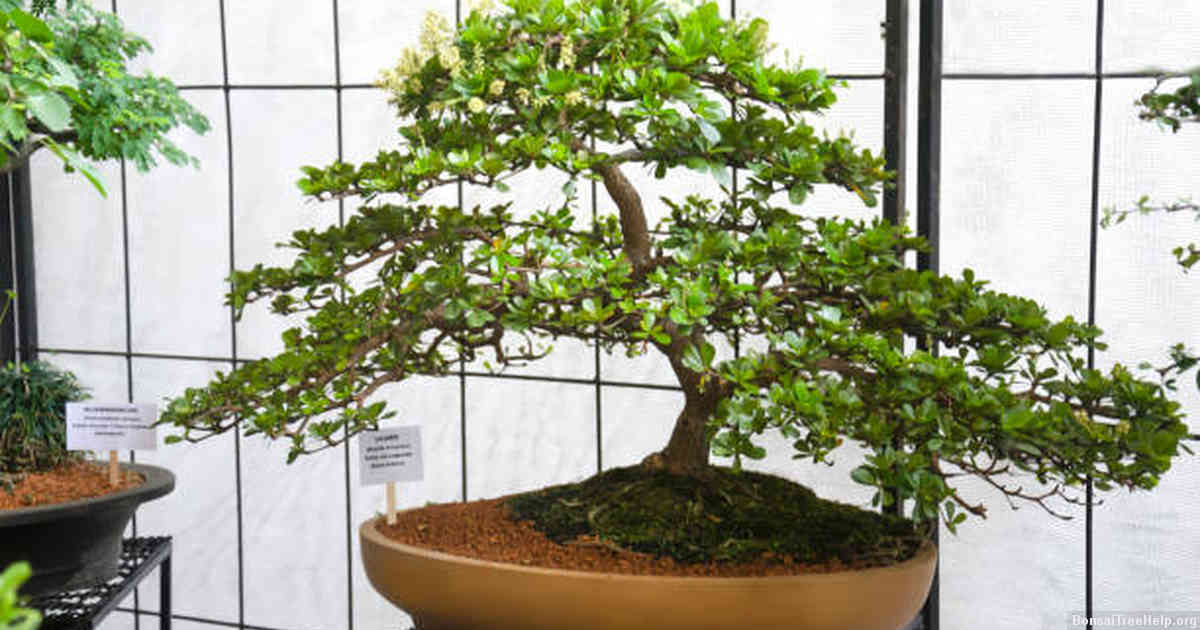
Using an all-purpose plant food for bonsai plants might be tempting because of convenience, but it is not recommended. Unlike typical garden plants, a bonsai is a delicate miniature tree that requires special attention. An all-purpose fertilizer usually has too high of concentrations of nitrogen that can stunt the development of your bonsai and could even kill it.
When caring for a bonsai, you should use specifically designed plant food with balanced ratios of NPK (nitrogen, phosphorus, potassium). This type of fertilizer helps to maintain proper growth rates and will keep your bonsai healthy throughout its life cycle. Moreover, these fertilizers are specially formulated to be gentle on the roots in order to avoid root burn or excess nutrient buildup.
Overall health and vibrancy are essential for creating strong branches and thriving leaves in your bonsai trees. But if you do decide to use an all-purpose product instead; try reducing the amounts applied by half or more than what’s instructed since these formulas contain higher amounts of nitrogen which could lead to root damage as well as overgrowth in other areas due to increased foliage production.
Alternatives to All-Purpose Plant Food for Bonsai Trees
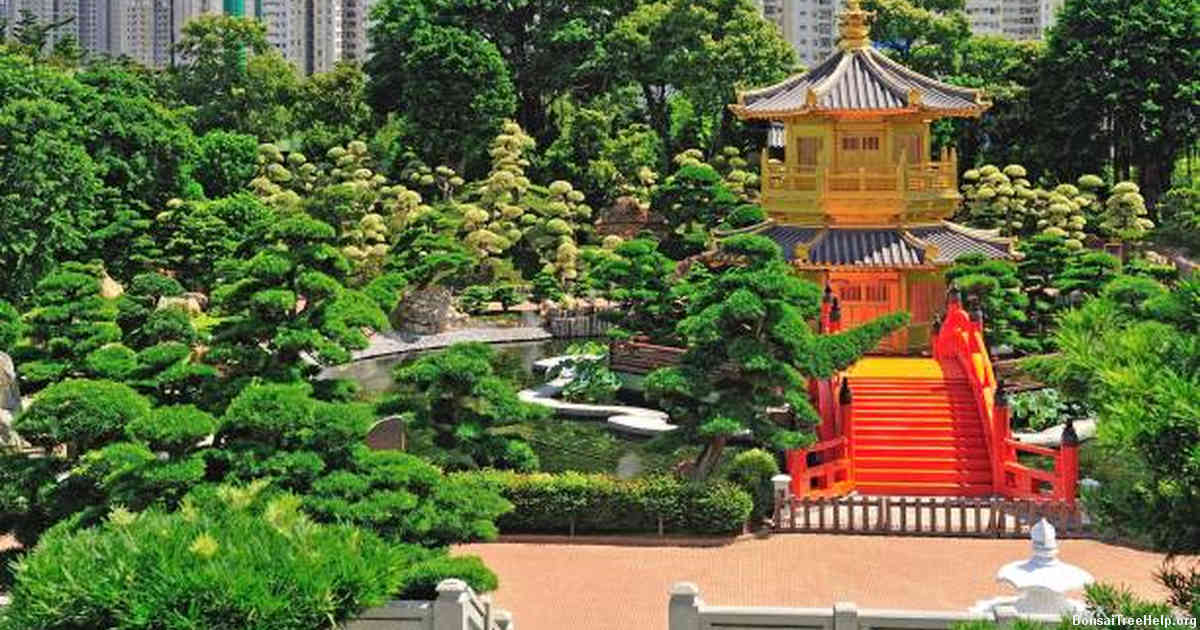
When growing a bonsai, one of the most important aspects to consider is what type of fertilizers are best for optimal health. While all-purpose plant food can be used as an effective fertilizer for some types of plants, it may not always be the best choice when it comes to bonsai trees. Therefore, there are several alternatives that should be considered by those looking to promote growth and health in their bonsai tree.
One such alternative is liquid seaweed extract. This particular fertilizer is highly recommended among experienced growers and contains components like amino acids which can help promote strong root systems and rapid cell growth in your bonsai tree. It also has the added benefit of being completely organic. This form of fertilizer needs to be applied less often than other conventional methods due its slow release properties which allows it to slowly break down over time and provide nutrients on a long-term basis.
Another popular option for feeding your bonsai trees is slow-release tablets or pellets. These products consist mostly of phosphorus, potassium and nitrogen – each providing different elements needed for balanced nutrition within your bonsai tree’s soil composition. Generally speaking, these tablets or pellets need only be replaced once every few months instead of weekly like other forms of fertilizers might require depending on how quickly they are broken down by the surrounding environment. With little mess or hassle associated with this form of fertilization; slow-release pellets offer convenience while still delivering vital nutrients at appropriate intervals throughout their lifespan inside the soil bedding where your bonsais are planted.
Best Practices for Feeding Bonsai Trees with Fertilizers
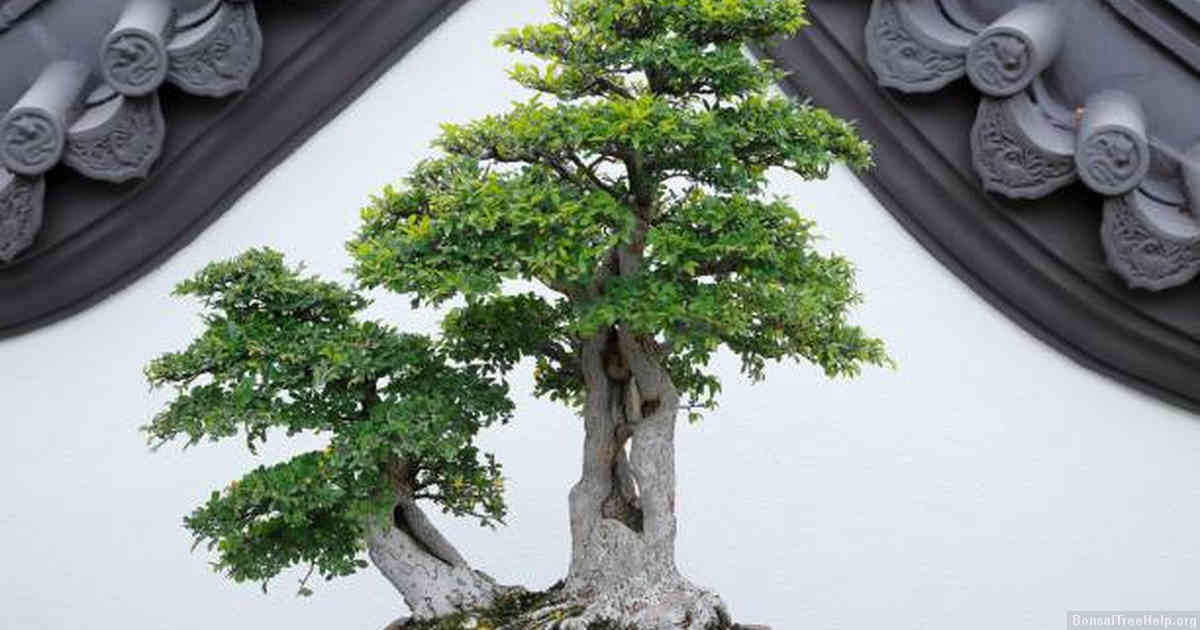
For those who are looking to grow bonsai trees, they need more than just access to a suitable environment; they also need the right fertilizers. Bonsai trees require very specific nutrients, as such special fertilizers must be used in order to provide them with proper sustenance. All-purpose plant foods are not ideal for bonsai cultivation as they may contain levels of nitrogen that can overwhelm the delicate tree’s root system, leading to adverse effects.
It is best practice to use special blends of fertilizer specifically tailored for bonsai plants. These mixtures usually contain higher amounts of phosphorus and other key elements that improve the health and growth rate of the trees. Many quality brands will add trace elements like magnesium and iron which can help enhance coloration and overall beauty of your miniature masterpiece.
When choosing a fertilizer blend for your bonsai tree, make sure you check how long lasting it is supposed to be: there are both quick-acting blends designed to give a burst of energy when needed or slow release formulas meant for sustained growth without the need for frequent application cycles. Whatever product you choose, always remember to follow directions carefully – overfeeding can cause damage much more quickly than underfeeding ever would.
Tips for Maintaining Healthy Growth in Bonsai Trees

Taking good care of bonsai trees is essential for keeping them healthy and vibrant. Keeping up with regular maintenance will help ensure a bonsai’s growth, leaves and roots remain in top form. One of the key tips for maintaining healthy growth in bonsai trees is using the proper fertilizer. While all-purpose plant food can be used on plants around the home, when it comes to your treasured bonsai tree, opt for an organic fertilizer that contains micronutrients such as nitrogen and potassium – two essential elements in promoting strong growth. For a fertilization regimen that fits best with your species of bonsai tree, look into what nutrients are needed and how often they should be applied.
It’s important to keep an eye out for pests that can affect the health of a bonsai tree. Common infestations include mites, aphids or scale insects; carefully examine branches and leaves regularly for any signs of damage or unusual activity from these bugs. Fortunately there are ways to combat these pests without resorting to chemical treatments – using natural insecticides like neem oil can prevent infestation without risking further harm to the delicate structure of your miniaturized tree.
Watering requirements vary widely depending on where you live and type of soil used in growing your specific variety of bonsai tree; however, some general rules apply no matter what climate you call home – allow the soil surface to dry before watering again and do not overwater as root rot can occur if excessive moisture accumulates within soil layers over time. One way to determine if your bonsai needs water is by monitoring its foliage: when it begins drooping down or wilting away then it’s time give it another drink.
Leave a Reply